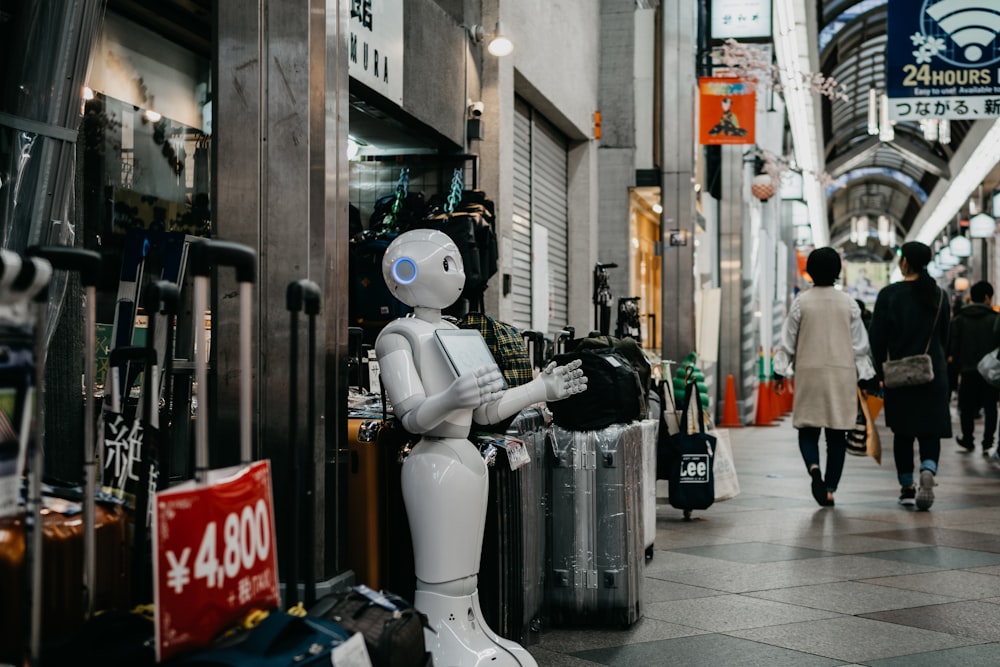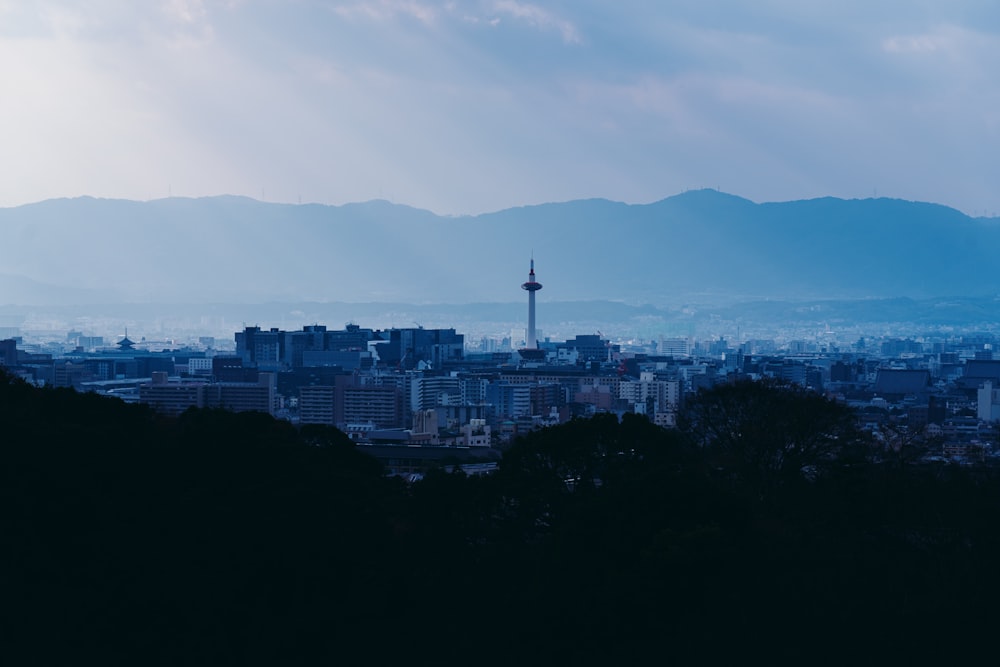Kyoto’s Startup Ecosystem

The ancient city of Kyoto, which was the former capital of Japan, has nurtured several high-tech companies that have made their mark globally with their unique technologies. Recently the city has been steadily climbing up the ladder as an emerging startup ecosystem that has been gaining momentum given the culture of this city.
The city has been home to some of Japan’s leading entrepreneurs, including Horiba’s late Masao Horiba and Kazuo Inamori of Kyocera. Distinct from San Francisco or New York, the city of Kyoto aims to build a Startup Ecosystem–a community of startups and angel investors–who will lead the evolution of local industries. Since antiquity, it has been a city where tradition and innovation have evolved in harmony and fusion with different cultures.
The industrial culture on which Kyoto is building its startup ecosystem provides various goods and services that other people and companies depend on. The city, an epitome of the Japanese culture, has always helped its businesses rise, harboring a system of mutual support.
Thriving startup ecosystem
The city’s emerging startup ecosystem is still nascent compared to its neighboring cities and key players in the Northeast Asian region but growing steadily. It demonstrates a promising potential for entrepreneurs looking to establish their startups. Building upon its culture, the business world follows suit, with established executives reaching out to young entrepreneurs nurturing a vibrant startup ecosystem.
While the world is in the sense of stagnation, Kyoto is aiming to take the lead in attracting entrepreneurs and startup companies from Japan and abroad by blending with its history, traditions, and culture as the “Start-up Capital.”
Kyoto has an array of industrial communities such as biotechnology, precision machining, robotics, AI, games, foods, etc. Kyoto University is one of Japan’s leading educational institutions that has been aggressively promoting entrepreneurs in recent years. The Kyoto University Venture Fund was set up in 2007 and is now managed by Miyako Capital.
Kyoto is seeing a rise in the number of accelerators and incubators, providing startups with additional mentorship and early-stage funding sources. Success stories are already emerging from this connection of talent and institutional support. There are weekly networking nights, seminars, and startup events held across the nation’s major cities, and Kyoto makes no exception. For budding entrepreneurs, the city has coworking spaces that support the community. Kyoto Makers Garage provides tools and a space for anyone to create.
Government initiatives
The Startup Capital Kyoto initiative by JETRO Kyoto, Kyoto Prefecture and Kyoto Municipal City has been introduced to support overseas entrepreneurs starting their businesses in the city. The startup capital of Kyoto offers coworking space, backing in establishing a new company, consultations, and referrals to the ecosystem in Kyoto.
Startup Visa enables entrepreneurs from abroad to expand their businesses in Kyoto. Interested individuals will be able to apply for a “Certificate of Entrepreneurial Activity Plan Confirmation” and receive management support from industry specialists. Particular interest will be given to manufacturing, AI, IoT, renewable energy, culture, and tourism. Moreover, free co-working spaces, networking opportunities, and government subsidies will also be available. These are very positive signs for the momentum of Kyoto’s ecosystem since navigating strict immigration laws has been a challenge for investors and businesses in the past.
Universities and Research centers
Kyoto boasts 38 world-class universities with 150,000 students in Kyoto city, including four universities specializing in arts. It has seven national and public universities and 27 private universities located in Kyoto prefecture, ranked first in Japan in the number of students and universities per 100,000 population. These universities have 10,000 science and engineering students (2,500 students graduate from university every year) along with 10,000 international students.
Keihanna Science City hosts R&D centers of major corporations, national institutions, and Japan’s leading institutes of science and technology.
Incubators and Accelerators
- Kyoto Research Park - is a major business base to take on the challenge of innovation such as new businesses and R & D. They aim to build a full range of hardware such as offices, laboratories, conference rooms, and data centers, and in terms of software, and will plan various events, exchange meetings, workshops, etc. It is a local innovation hub linking together the industry, government and academia services to contribute to the development of the Kyoto region.
- Plug and Play Kyoto is a silicon valley based accelerator aiming to catalyze technological advancement by connecting blue-chip corporations with the brightest startups across the globe. The chapter in Kyoto was established in 2019, being the second after Tokyo. It aims to establish the city as a world-class startup ecosystem by providing its markets with global access like never before.
- Monozukuri Ventures is a venture capital firm specializing in hardware and manufacturing tech in Japan and North America. It supports the mass production of prototypes and business development to contribute to creating new industries through startups. Attracted by the high number of university students, the firm started its operations in Kyoto in 2015 and has funded more than 27 companies.
- Mitsubishi UFJ Financial Group, Inc. MUFG- invests in startups from Kyoto with the main objectives of contributing to the development of the next generation of industries and enhancing the global competitiveness of Japan’s economy. It supports the growth by investing primarily in venture companies that utilize the results of research conducted by Kyoto University. Their Fund is managed by Kyoto University Innovation Capital Co., Ltd.
- Kyoto Startup Summer School- is an intensive 2-week program covering workshops, panel discussions, company visits and lectures that bring together entrepreneurs, academics and new practitioners looking to become future entrepreneurs.
Notable startups in Kyoto
- HACARUS INC: provides significant insights from small data and has, since its founding in 2014, supplied solutions to more than 100 AI projects across the Medical and Manufacturing fields. Backed by Osaka Gas and Miyako Capital (Kyoto University), its technology enables humans to make better, faster, and more reliable decisions based on data-driven insights. HACARUS’ proprietary AI engine is built using Sparse Modeling, a method that understands data like a human would - by its unique key features and is far more resource, time and energy-efficient when compared to Deep Learning.
- Kyoto Fusioneering: is a Japanese startup founded in 2019 and is based in Kyoto, true to its name. The company makes its money by providing parts related to developing and creating fusion reactors, the next step in energy generation technology. The company is helping to take human energy use and generation to the next level. Since being founded, the company has already secured a large amount of startup funding. Two investors have backed the company through three rounds of startup funding, and this has allowed the business to generate startup funding worth 341.3 Million Yen in the short amount of time it has existed.
- Stroly: is an online platform for illustrated maps linked with geolocation technology. It has developed an online map-based location tracker application designed to get map-linked positioning information. The company’s application links illustrated maps with geolocation technology using a web viewer for GPS tracking, enabling users to upload their maps and get detailed information from landmark pins on the street view map. The company also provides user behavior feedback for data-driven marketing.
- Atomis: Founded by Masakazu Higuchi in 2015, Atomis provides global solutions for precisely controlling gases. Its core technology, porous coordination polymers (PCPs; also known as metal-organic frameworks (MOFs)), is based on research developed by Distinguished Professor Susumu Kitagawa at the Institute for Advanced Study at Kyoto University. It aims to provide solutions such as optimizing the manufacturing processes of PCPs and developing applications that provide innovative value using these materials.
- Biome: Founded in 2017, BIOME collects distribution data of living organisms worldwide to create a business platform for biodiversity markets. It has developed an AI system to assemble the distribution data that can identify the name of (almost) all species in the world. One of their products is a smartphone application that can provide an opportunity to enjoy the natural world like a game. Users can quickly know the name of organisms they found and virtually collect them with this app.
-
Excellent physical and digital infrastructure;
-
Presence of leading research and development centers;
-
World-class universities and highly skilled workforce;
Interested in Kyoto’s Startup Ecosystem?
Leave your details below and we will get in touch with you on the benefits of relocating and/or investing in Kyoto:
Kyoto. Startup Ecosystem
© StartupBlink 2017-2025


